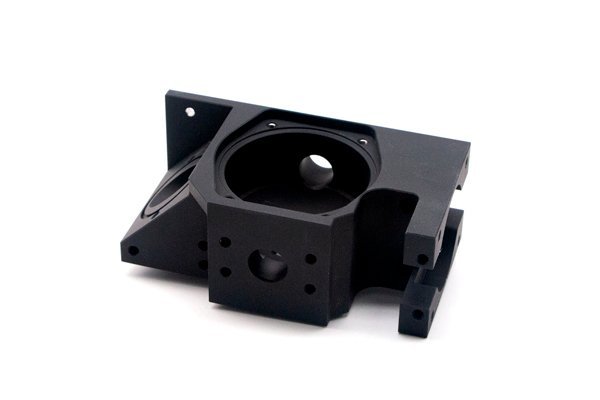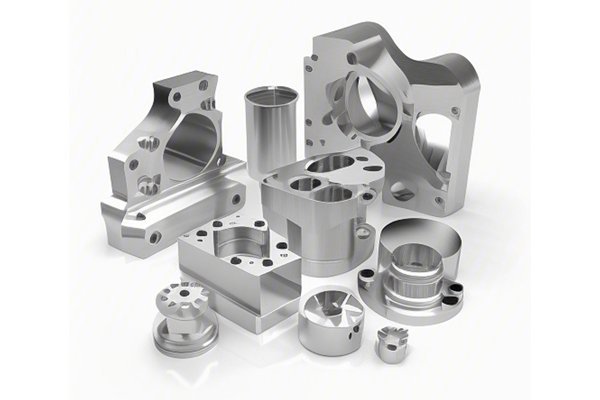Did you know that up to 70% of manufacturing defects can be traced back to issues with part stability during the production process? This staggering statistic highlights the importance of ensuring that custom parts are manufactured with precise control and consistent quality. For industries that depend on customized components—such as aerospace, automotive, and medical devices—the ability to create stable and reliable parts is crucial. But how can manufacturers enhance the stability of these customized parts? One effective solution lies in the advanced processes of CNC (Computer Numerical Control) custom machining.
In this blog, we will delve deep into the techniques and strategies used in CNC machining that can significantly improve the stability of custom parts. From understanding material selection to applying cutting-edge machining strategies, we will explore comprehensive solutions that manufacturers can implement to reduce defects and enhance the integrity of their products.
Understanding CNC Machining and Its Role in Custom Parts Production
CNC machining has revolutionized manufacturing by allowing precise control over machining tools and equipment through computer programming. This technology enables the production of complex custom parts that fulfill specific requirements and tolerances. However, stability remains a critical factor that affects both function and usability.
Choosing the right material is the first step in ensuring part stability. Different materials possess various mechanical properties that can influence the final product. For instance:
When selecting materials for custom parts, it is essential to consider environmental factors, load-bearing requirements, and desired durability. Conducting metallurgical analysis can help assess how different materials will respond during machining, ensuring better stability for the final products.
The design phase of a custom part impacts its stability throughout the machining process. Design considerations can include:
By collaborating closely with design engineers, CNC machinists can offer insights that lead to more stable and reliable product designs.
One of the key advantages of CNC custom machining is the ability to utilize multi-axis machines. These machines allow for more complex shapes to be machined in a single setup, reducing the need for repositioning the part, which can lead to inaccuracies and instability.
Here’s a close look at the types of CNC machines:

Investing in multi-axis machining technology provides the opportunity to reduce machining time, lower costs, and, importantly, enhance the stability and accuracy of custom parts.
Regular machine calibration is essential. Even the best CNC machines require periodic checking to ensure they are functioning within specified tolerances. An uncalibrated machine can lead to dimensional inaccuracies that compromise the stability of custom parts.
Tooling is another crucial aspect. High-quality cutting tools with consistent geometry and sharpness contribute significantly to accuracy and surface finish. Regular tool maintenance and replacement will minimize wear that can generate instability in machined parts.
CNC machining encompasses various advanced techniques that can enhance part stability:
The implementation of these techniques involves skilled machinists capable of monitoring and adjusting machining parameters to maximize stability.
A robust quality control (QC) process is integral to ensuring the stability of customized parts. Implementing the following measures can significantly enhance part reliability:
By adopting a meticulous QC approach, manufacturers can enhance the dependability of their custom parts and minimize defects.
In conclusion, improving the stability of customized parts through CNC custom machining is a multi-faceted endeavor that involves careful consideration of material selection, design, machining technology, calibration, advanced techniques, and robust quality control processes. Each element contributes to a systematic approach aimed at reducing the chances of defects and ensuring high-quality, stable products.
For manufacturers looking to stay competitive in the industry, understanding and applying these CNC machining techniques is indispensable. Stability not only impacts the performance of custom parts but also plays a critical role in fostering customer satisfaction and trust in product reliability.
As technology continues to evolve, so too does the opportunity to refine and improve these processes. Taking the time to understand these core principles can yield significant benefits for manufacturing operations and ultimately lead to successful outcomes in producing customized parts. So, the next time you think of CNC machining, consider the impact of stability on your projects and the importance of employing these innovative techniques to achieve it.






